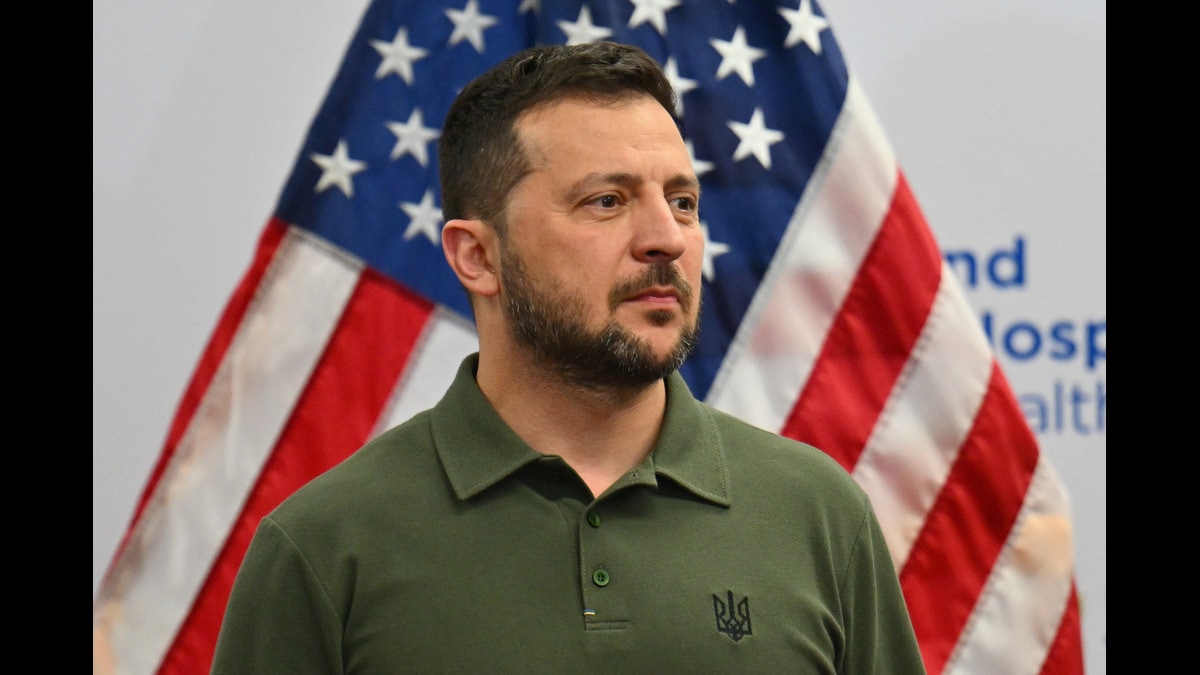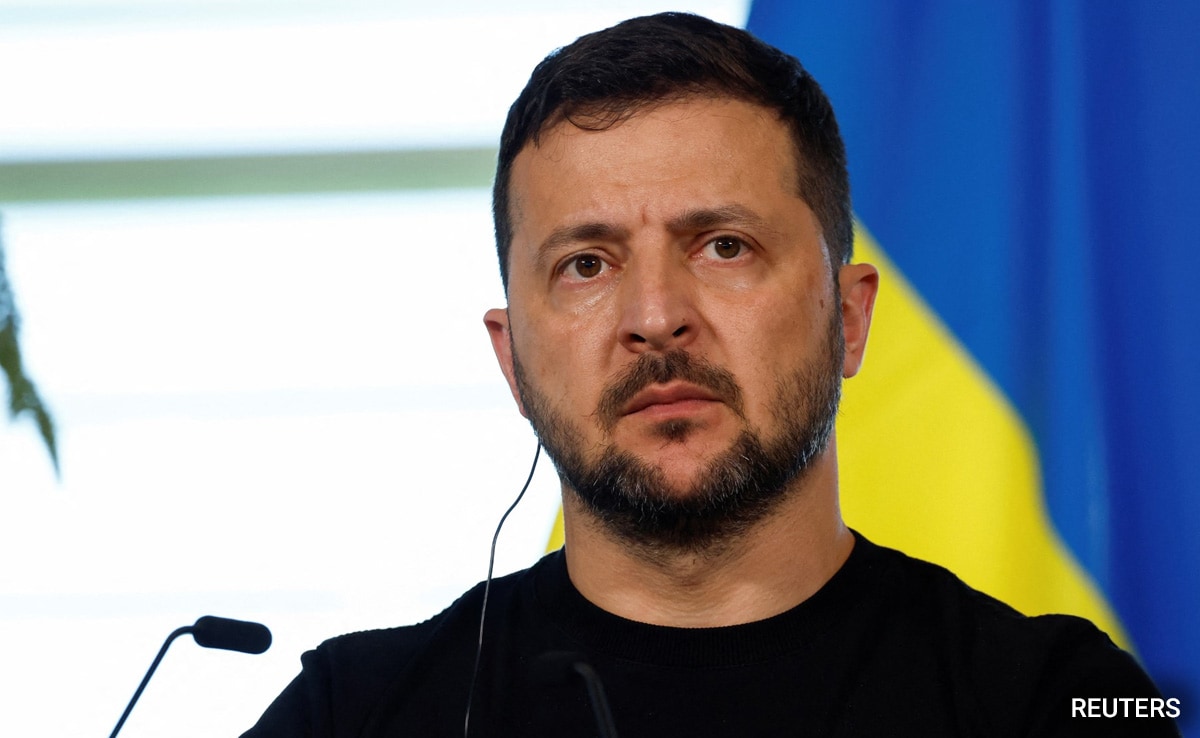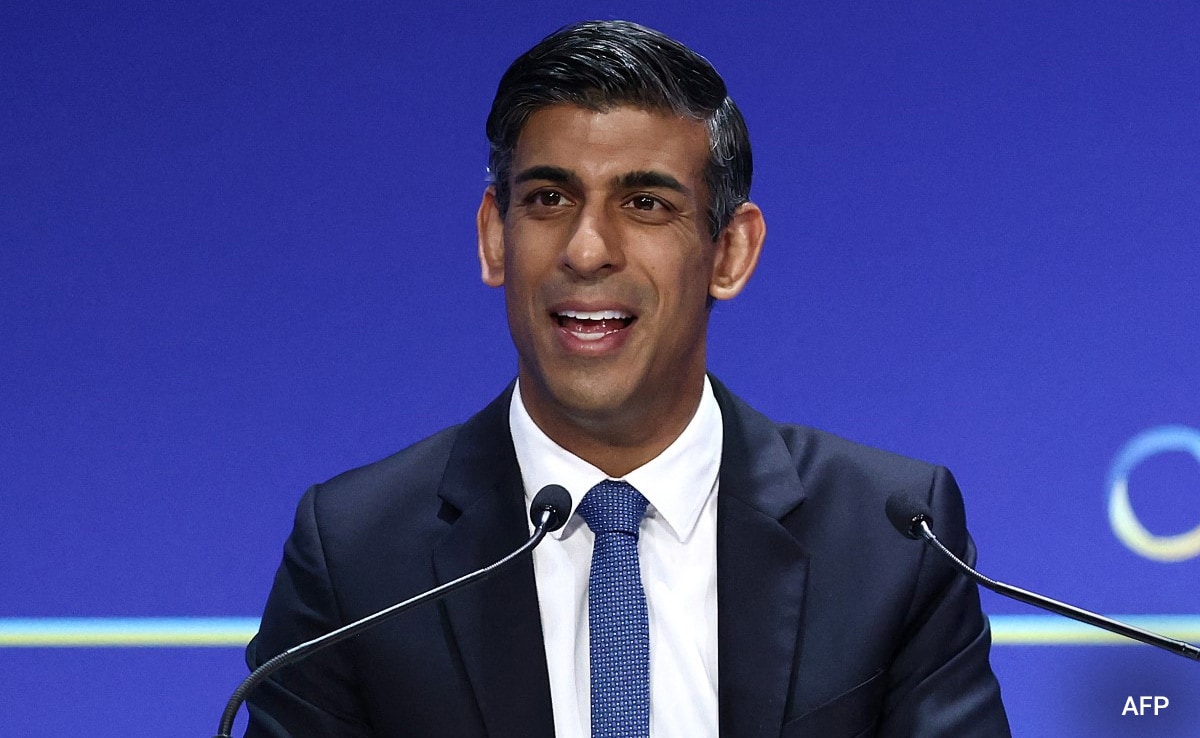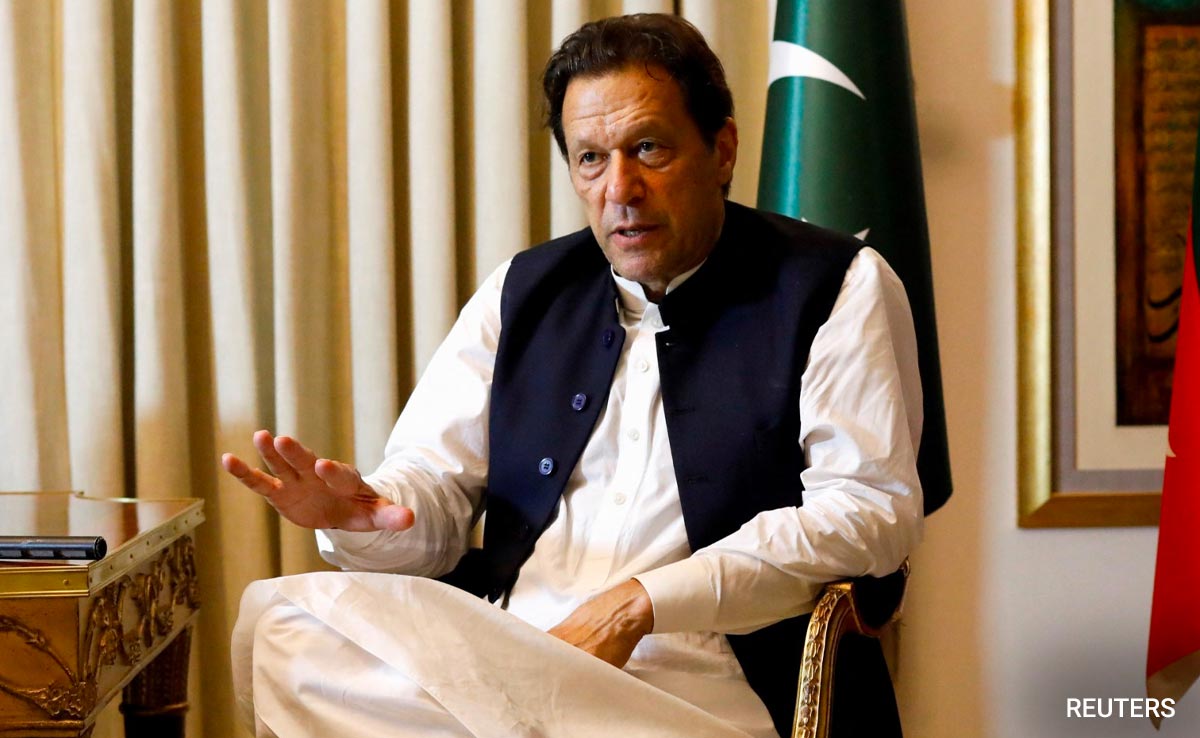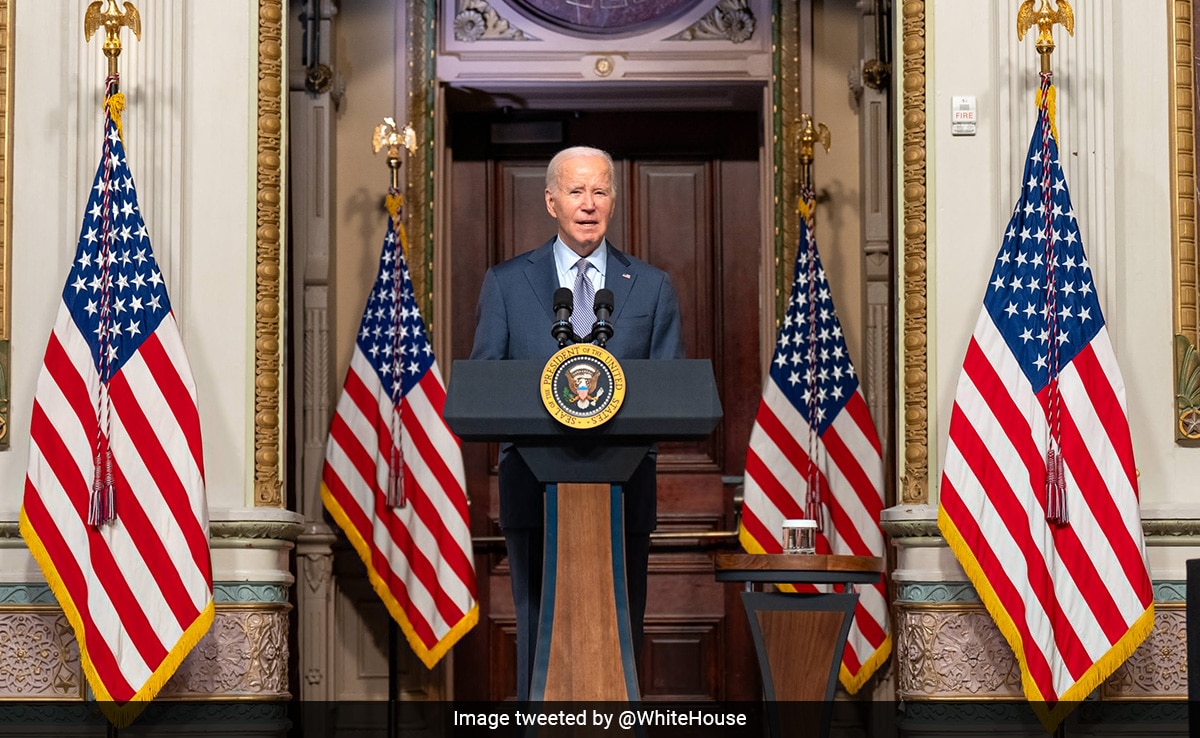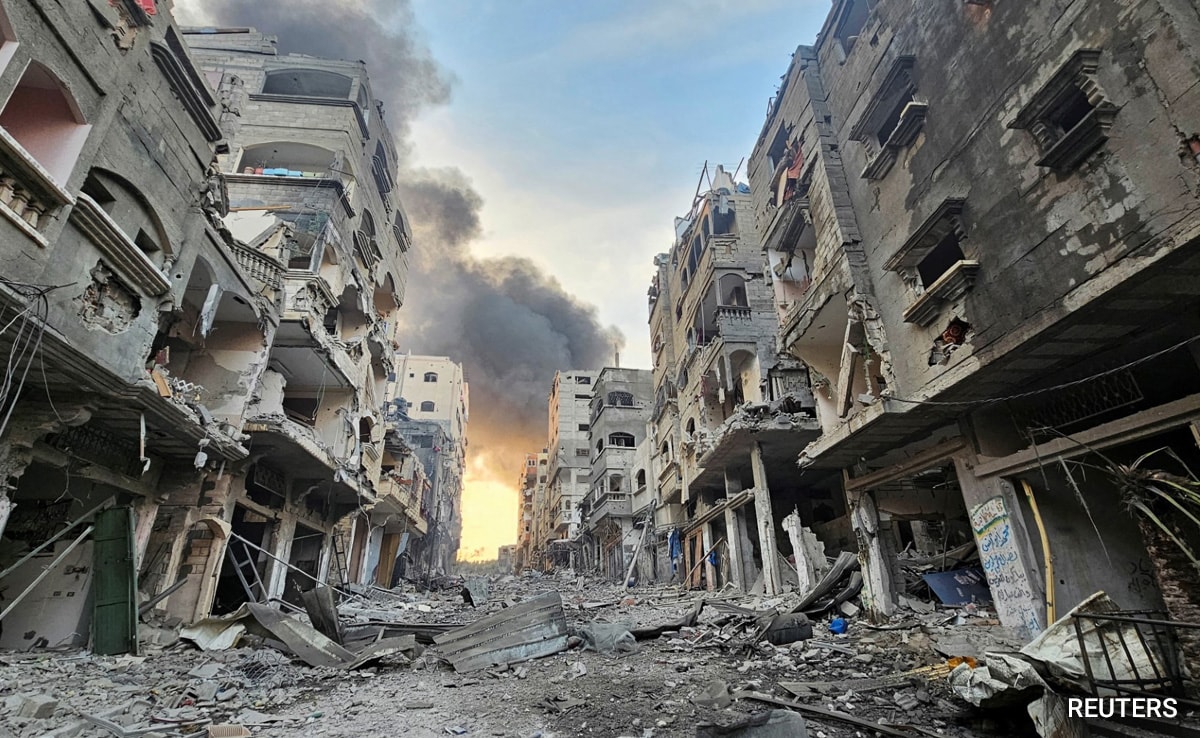Bangladesh Minister of Liberation War Affairs A. K. M. Mozammel Huq with 1971 war veteran Major Chandrakant Singh, VrC at the event in the Bangladesh High Commission in New Delhi on Thursday.
| Photo Credit: Dinakar Peri
Killers should not get shelter in any country, Bangladesh Minister of Liberation War Affairs A.K.M. Mozammel Huq said on Thursday in reference to the killers of Sheikh Mujibur Rahman, the country’s founding father and former President, who fled to Canada. He also condemned Israeli actions in Gaza, referring to the attacks on civilians.
“We condemn that, because they are killers. No country should shelter killers in the name of asylum. Who gets political asylum? Those who may be oppressed, possibility that they may not get justice. They already killed the father of the nation, they cannot get asylum. We condemn it,” Mr. Huq said, adding that Dhaka had been requesting Canada and other countries to extradite the killers. He was speaking to the media on the sidelines of an event at the Bangladesh High Commission.
The event saw the honouring of Indian soldiers killed in the Liberation War of Bangladesh in 1971 as well awarding of the Bangabandhu Sheikh Mujibur Rahman student scholarship to the direct descendants of soldiers and officers of the Indian armed forces who were killed or critically wounded during the war.
Scholarships of $500 and $1,000 were presented to high school and under graduate students, respectively. Ten scholarships were presented and officials said 10 more would be presented later.
The prime accused in the assassination of Rahman, popularly known as Bangabandhu, is Noor Chowdhury, a former Bangladesh Army officer, who has been living in Canada since 1996.
Dhaka has made several requests for his extradition, but they were rejected by Ottawa on the grounds that under Canada’s Extradition Act, a fugitive cannot be deported if he or she is facing death penalty.
Rahman and several of his family members were assassinated by a group of Bangladesh Army personnel on August 15, 1975.
India and Canada have been engaged in a diplomatic tussle following Canadian Prime Minister Justin Trudeau’s statement in the Canadian Parliament alleging “potential” involvement of Indian agents in the killing of Khalistan Tiger Force chief Hardeep Singh Nijjar in June. It also expelled an Indian diplomat from the country. India, which has rejected the allegations as “absurd” and “motivated”, too expelled a senior Canadian diplomat in return and has since also announced other measures. Last week, Canada reduced its diplomatic presence in Delhi after India called for parity in the diplomatic staff strength.
Minister of State for Defence Ajay Bhatt, who attended the event, said India and Bangladesh have robust cooperation across all the domains, including cooperation between the armed forces, training, scholarship, and capacity building. “Our two countries have enormous potential and opportunities to be tapped in the areas of strengthening exchanges and utilising avenues of cooperation between the defence forces on both sides,” he said noting that the utilisation of the $500-million Line of Credit for defence extended by India had also “moved forward.”
On the Israeli strikes against Hamas in Gaza, the visiting Minister said what Israel was doing, “it cannot be supported”.
“One soldier can attack another soldier. But civilians, children, women, aged people… they are attacking mosques. We condemn it, from our government we are trying to help them, we are sending medicines… call the United Nations and government of other countries to stop the war and help the people so Israel cannot kill them,” he added.



